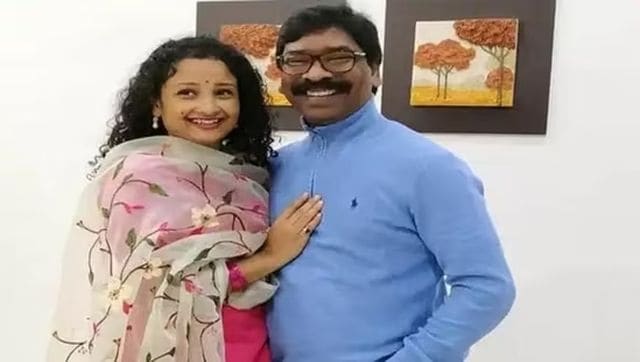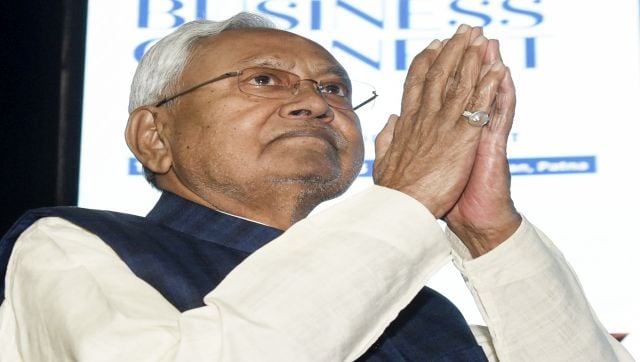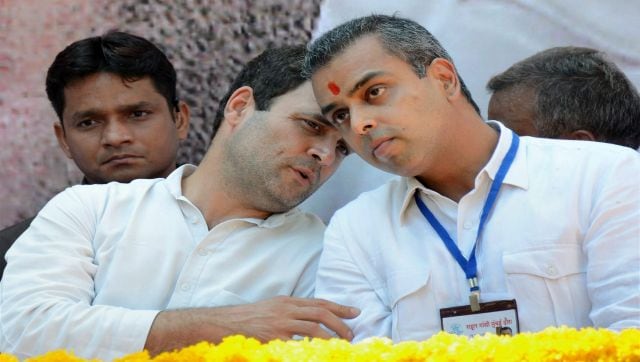The 2021 Assembly election for four states and one Union Territory is scheduled to be held in eight phases from 27 March to 29 April. Ahead of the polls, the Model Code of Conduct (MCC) has been enforced by the Election Commission since 26 February and will remain in place till the end of the electoral process.
The MCC is a set of guidelines for political parties and candidates in relation to general conduct, meetings, processions, polling day, polling booths, observers, the party in power, and election manifestos. The MCC has also been brought to force in districts of states where Assembly or Parliamentary by-elections is scheduled to be held on 17 April. Here are the key points made in the MCC:
1. Criticism of other parties: The MCC states the parties and candidates should refrain from criticism of all aspects of private life which are not connected with the public activities of party leaders and workers. It also states that they should avoid criticising other parties or their workers over unverified allegations.
2. Appealing for votes: The MCC prohibits parties and candidates from appealing caste or communal feelings for securing votes. It also states that parties and candidates should not include themselves in any activity “which may aggravate existing differences or create mutual hatred or cause tension between different castes and communities, religious or linguistic”.
3. On ‘corrupt practices’: The MCC says parties and leaders should avoid corrupt practices and offences under the election law such as bribing of voters, intimidation of voters, impersonation of voters, canvassing within 100 meters of polling stations, holding public meetings during the period of 48 hours before the election (known as the silence period), and the transport and conveyance of voters to and from the polling station.
4. Supporters’ behaviour: “Political parties and candidates should ensure that their supporters do not create obstructions in or break up meetings and processions organised by other parties”, states the MCC. It further says that workers or sympathisers of one political party should not create disturbances at public meetings organised by another political party by putting questions orally or in writing or by distributing leaflets of their own party. Parties are also not allowed to remove posters put up by another party.
5. Tours of ministers: As per the provisions of MCC, state and central ministers are prohibited from combining their official work with electioneering. They are also not allowed to use government transport or personnel in the interest of their parties.
6. Polling day: The MCC says that parties and candidates should refrain from serving or distributing liquor on polling day and during the silent period. Parties and candidates should also not allow unnecessary crowds to gather near the camps set up by them near the polling booths so as to avoid tension between workers and sympathisers.
7. Publishing of advertisements: The party in power in the state and Centre should avoid issuing advertisements in electronic and print media highlighting the achievements of the government at the cost of public exchequer. “If any advertisement has already been released for telecast/broadcast or publication in the print media, it must be ensured that the telecast/broadcast of such ads on electronic media is stopped forthwith and that no such ad is published in any newspapers, magazines, etc., i.e. in print media, from today itself and it should be immediately withdrawn,” said the EC’s release on 26 February.
8. Transfer of officials: There is a total ban on the transfer of officials connected with the conduct of election work from the date of enforcement of MCC till the completion of the election process. However, in cases where transfer of an officer is necessary over “administrative exigencies”, the concerned state government can approach the Election Commission for prior clearance.
COVID-19 protocols
In addition to the MCC, the Election Commission has also asked parties to comply with the broad COVID-19 guidelines it had issued in August 2020.
The guidelines ask political parties and its workers to follow preventive measures including wearing masks, use of sanitizers, and observing social distancing in the larger interest of public health.
Registering MCC violations
People can register complaints of code of conduct violations via the cVIGIL application, which allows users to record and submit photo and video evidence of the breach. Once a complaint is submitted, it is assigned to a field unit—comprising flying squads, static surveillance team, reserve team, etc. After the field unit has acted on the complaint, an update is sent to the concerned returning officer. As per the Election Commission, the user is informed about the status of the complaint within 100 minutes of submitting it.
The cVIGIL app is available for download on Android and Apple app stores.
The upcoming Assembly elections will be held in West Bengal, Kerala, Assam, Tamil Nadu and Puducherry. The 17 April by-elections will be held for the Tirupati (Andhra Pradesh) and Belgaum (Karnataka) parliamentary constituencies, and 14 Assembly constituencies comprising Sahara, Sujangarh and Rajsamand (Rajasthan), Basavakalyan and Maski (Karnataka), Morva Hadaf (Gujarat), Madhupur (Jharkhand), Damoh (Madhya Pradesh), Pandharpur (Maharashtra), Serchhip (Mizoram), Noksen (Nagaland), Pipili (Odisha), Salt (Uttarakhand) and Nagarjuna Sagar (Telangana).
The counting of votes for all these elections will be held on 2 May.
March 30, 2021 at 03:56PM











No comments:
Post a Comment